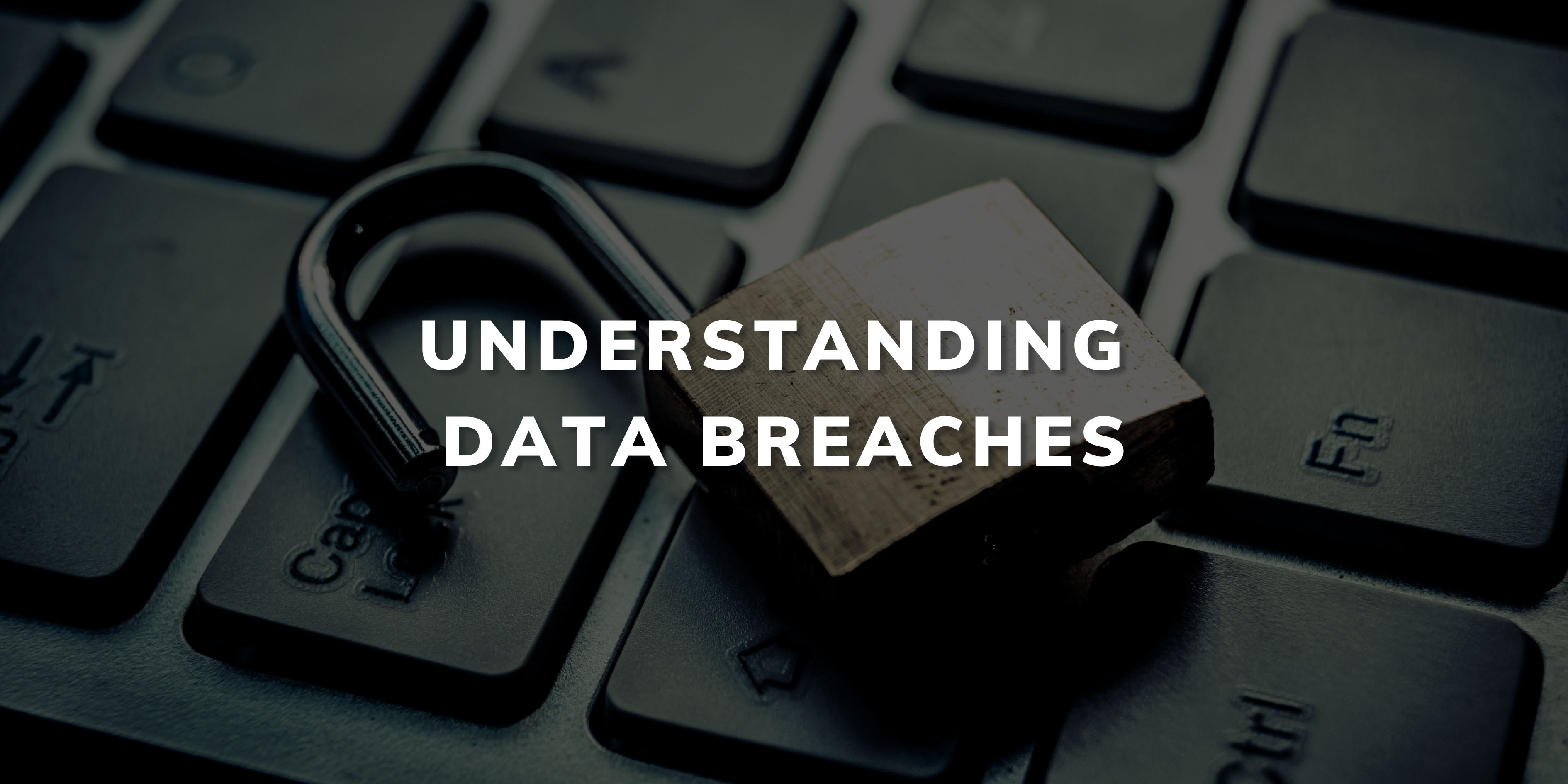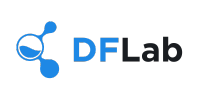
Understanding Data Breaches
In the huge online world that fills our screens, every click and shared moment adds up to a big collection of data. This data, which is often private, shows a clear picture of who we are online. However, there’s an important question underneath it all: Who really owns and controls this data? By looking at something simple, like posting a photo of your pet on social media, we can start to understand the complicated issues around who owns data and why it’s important to move towards more shared and less centralised control of data.
Key Summary
- Data breaches, resulting from security flaws, human errors, and insider threats, lead to serious privacy invasions and financial damages.
- Centralised data storage creates privacy risks, security vulnerabilities, and reduces user control over personal data.
- Data Federation proposes a decentralised model to enhance privacy, strengthen security, and increase user autonomy by keeping data closer to the user.
- This approach aims to make data breaches less common, ensure privacy by default, and respect user control over personal information.
- Moving towards data federation signifies a shift towards empowering individuals as the rightful owners of their digital data.
The Reality of Data Breaches
Data breaches occur with alarming regularity, affecting millions of individuals worldwide. These breaches happen for several reasons:
- Vulnerabilities in Security Systems: Hackers exploit weaknesses in a company’s digital infrastructure, accessing sensitive information stored in centralised databases.
- Human Error: Simple mistakes, such as falling for phishing scams or misconfiguring databases, can lead to massive data leaks.
- Insider Threats: Sometimes, those within an organisation maliciously or carelessly expose data.
The aftermath of these breaches is not just a momentary lapse of privacy; it’s a long-lasting invasion of an individual’s digital life, leading to potential identity theft, financial loss, and personal distress.
The Pitfalls of Centralised Data Storage
Centralised data storage, the dominant model in which businesses and platforms store user data on centralised servers, is at the heart of the data breach epidemic. This model presents several inherent risks:
- Privacy Concerns: Centralised repositories become lucrative targets for malicious actors, putting individual privacy at constant risk.
- Security Vulnerabilities: The concentration of data in a single location amplifies the potential impact of a breach.
- Limited User Autonomy: Users often relinquish control over how their data is used, shared, or monetised.
The Vision of Data Federation
Data Federation emerges as a compelling alternative, advocating for a decentralised approach to data storage and management. This model ensures that data remains closer to its source — the user. It champions the principles of privacy, security, and autonomy, offering a new paradigm where:
- Privacy is Enhanced: By dispersing data across multiple locations, the risk of large-scale breaches is significantly reduced.
- Security is Strengthened: Decentralised systems can employ robust encryption and user-controlled access, making unauthorised data extraction more challenging.
- User Autonomy is Restored: Individuals retain control over their data, deciding where it’s stored and who can access it.
Imagine a digital environment where the adorable picture of your dog doesn’t just vanish into the ether of the internet but remains under your stewardship, a symbol of your digital autonomy.
Towards a Future of Empowered Data Ownership
The journey towards data federation is not merely about enhancing privacy or bolstering security; it’s about reshaping the very foundation of data storage, digital ownership, and autonomy. As we stride further into this digital age, the importance of reclaiming control over our personal data cannot be overstated. Data Federation holds the promise of a digital landscape where individuals are not merely participants but sovereigns of their digital realms.
In embracing the principles of decentralisation and data federation, we pave the way for a future where data breaches become a rarity, privacy is a default setting, and the autonomy of digital citizens is revered. Let us champion this transition, not just for the sake of our digital selves but for the integrity of our collective digital future.
Support Us!
Support us and make a real difference in data privacy and ownership. By becoming a supporter, you help shape a future where data is secure and truly belongs to its users. Whether you contribute financially or volunteer, your involvement is vital. Enjoy the supporter benefits and be part of the movement advocating for a future where you truly own your data and privacy. Act now—your participation is crucial!
